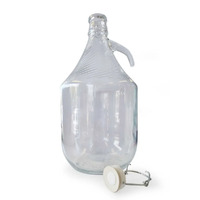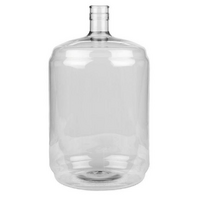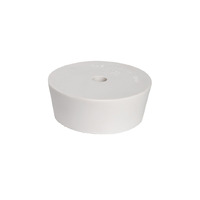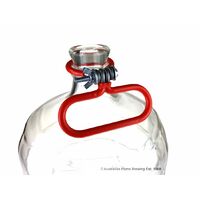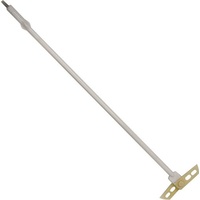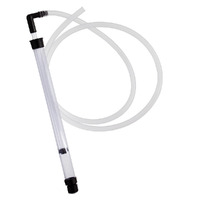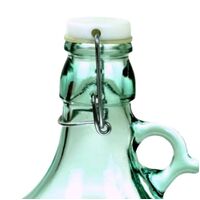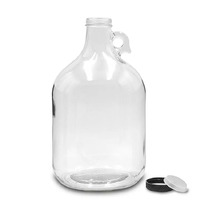Glass gives clean ferments and lets you see progress at a glance. Australian Homebrewing stocks carboys and demijohns for wine, mead, and fruit projects, plus full mead starter kits with honey, nutrients, and step-by-step instructions. Build a tidy setup with airlocks, rubber bungs, clip-top lids, thermometers, mixer stirrers, and siphons. Pick a size that suits your plan, then match closures and stoppers to the neck.
Which size works best for wine or mead?
Pick volume to fit the goal. Small demijohns suit trials and split batches. A 23 litre carboy fits standard wine rounds and bulk ageing. Leave headspace in primary. After the first rack, move to a vessel that sits closer to final volume to limit oxygen.
Glass vs plastic for fermentation?
Glass resists scratches and odours and suits long projects. Plastic weighs less and costs less, but it scuffs more easily. If you plan to age for months, choose glass. If you want quick ferments and easy lifting, plastic can handle short runs and transfers.
What is a simple cleaning routine?
Rinse warm, soak with brewery cleaner, and brush the shoulder gently. Clean airlocks and bungs in a separate tub. Rinse until water runs clear, then drip-dry upside down. Store with the bung out so moisture does not trap smells between batches.
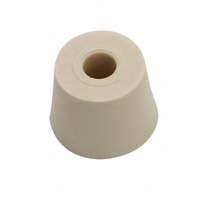
12% OFF
RRP $8.50
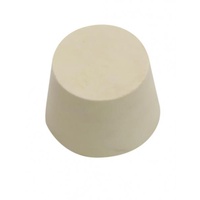
12% OFF
RRP $8.50

23% OFF
RRP $12.95
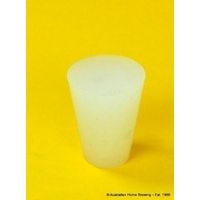
34% OFF
RRP $12.95

6% OFF
RRP $112.00

6% OFF
RRP $71.40
Glass gives clean ferments and lets you see progress at a glance. Australian Homebrewing stocks carboys and demijohns for wine, mead, and fruit projects, plus full mead starter kits with honey, nutrients, and step-by-step instructions. Build a tidy setup with airlocks, rubber bungs, clip-top lids, thermometers, mixer stirrers, and siphons. Pick a size that suits your plan, then match closures and stoppers to the neck.
Which size works best for wine or mead?
Pick volume to fit the goal. Small demijohns suit trials and split batches. A 23 litre carboy fits standard wine rounds and bulk ageing. Leave headspace in primary. After the first rack, move to a vessel that sits closer to final volume to limit oxygen.
Glass vs plastic for fermentation?
Glass resists scratches and odours and suits long projects. Plastic weighs less and costs less, but it scuffs more easily. If you plan to age for months, choose glass. If you want quick ferments and easy lifting, plastic can handle short runs and transfers.
What is a simple cleaning routine?
Rinse warm, soak with brewery cleaner, and brush the shoulder gently. Clean airlocks and bungs in a separate tub. Rinse until water runs clear, then drip-dry upside down. Store with the bung out so moisture does not trap smells between batches.

